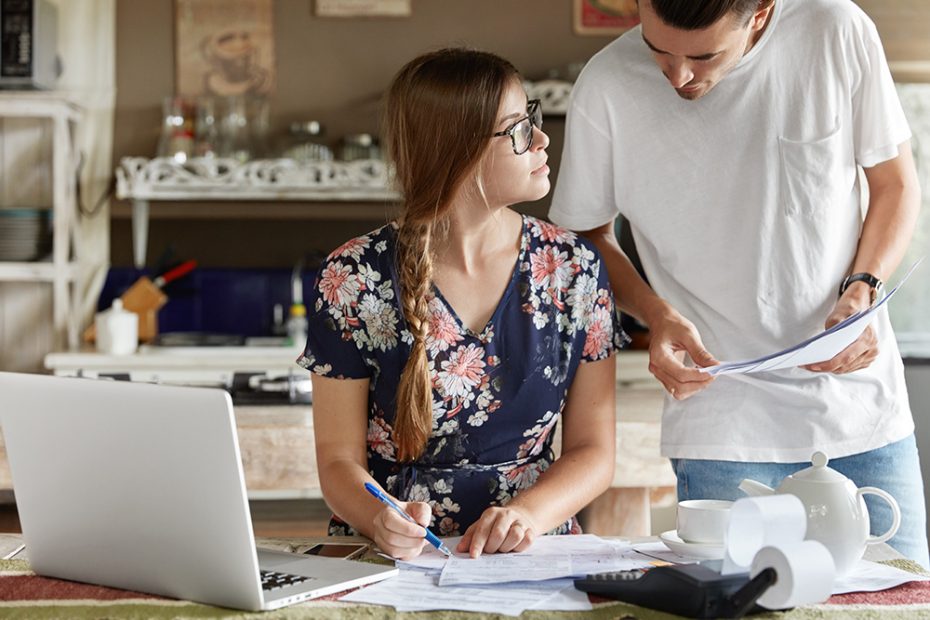First-Time Homebuyer’s Guide: Budgeting for Your New Home
Buying your first home is an exciting step, but it comes with plenty of costs beyond just the price of the house. Being prepared financially can make the experience smoother and less stressful, letting you focus on settling into your new space. Here’s a simple, no-fuss guide to help you budget smartly for your first home.
Know Your Budget Limits
Before you start searching for homes, it’s important to have a good idea of what you can realistically afford. Mortgage lenders might approve you for a higher amount than you actually want to spend each month, so think carefully about your own budget and lifestyle. Factor in your regular expenses, any future plans, and a little cushion for savings. This way, you can set a limit that lets you feel comfortable, not stretched thin.
The down payment is often the biggest initial cost for first-time buyers. Traditional advice suggests putting down 20% to avoid extra fees, but many loan options allow for a lower percentage. Even if a lower down payment feels more doable, remember that putting down a bit more upfront can help lower your monthly mortgage and reduce interest in the long run.
Once you’re ready to buy, don’t forget about closing costs. These are extra fees to cover things like appraisals, inspections, and legal paperwork, usually running between 2-5% of the home’s purchase price. Setting aside money for these expenses will help you avoid last-minute surprises.
After the home purchase, there are monthly expenses to keep in mind. Beyond the mortgage, you’ll need to cover property taxes, insurance, and utility bills. If your new home is part of a community with a homeowners’ association, remember that HOA fees will also be part of your monthly budget. Planning for these costs from the start makes it easier to manage everything comfortably.
Maintenance and Repairs Fund
Another part of owning a home is handling repairs and maintenance. Things like plumbing issues, appliance repairs, or roof upkeep come with the territory, so setting aside a small amount each month for these needs is a good idea. This way, you’re ready when something unexpected pops up without scrambling to cover costs.
When you move in, it’s natural to want to personalize your new space. But decorating, furnishing, and small renovations add up fast. Try focusing on essentials first and spreading out other upgrades over time. This keeps the excitement of making the home yours while staying within budget.
Buying a home is a big milestone, and planning ahead financially lets you enjoy it fully. With a little preparation, you’ll be able to settle into your new place with peace of mind, knowing you’re ready for both the expected and the occasional surprise.
